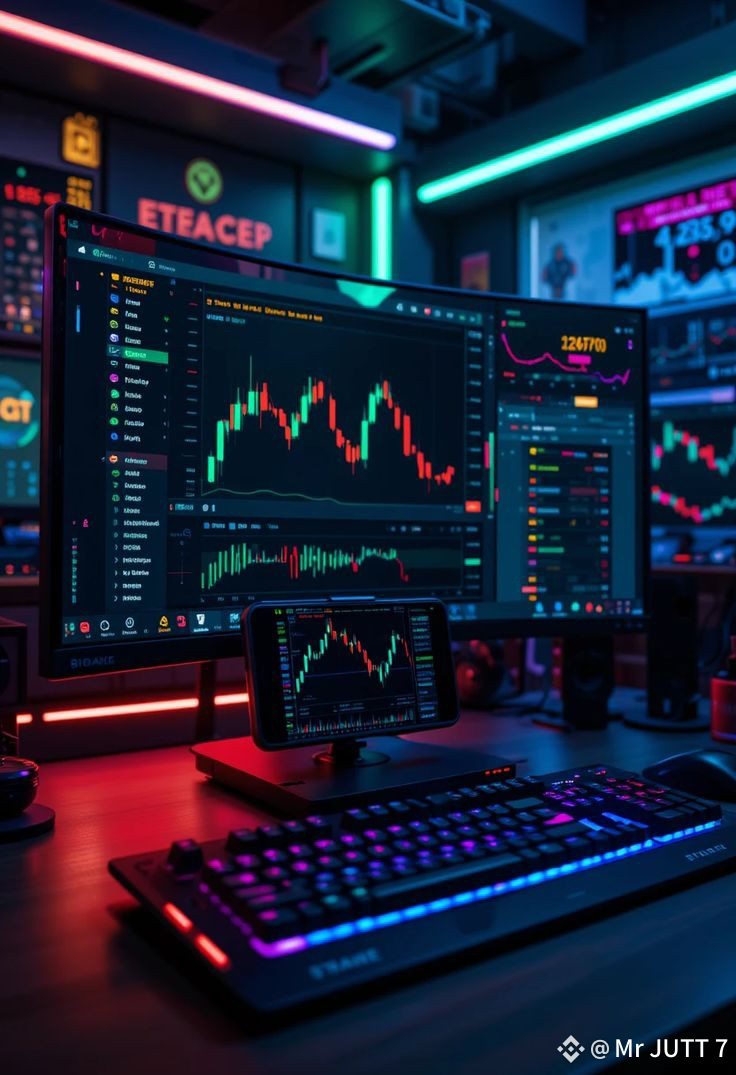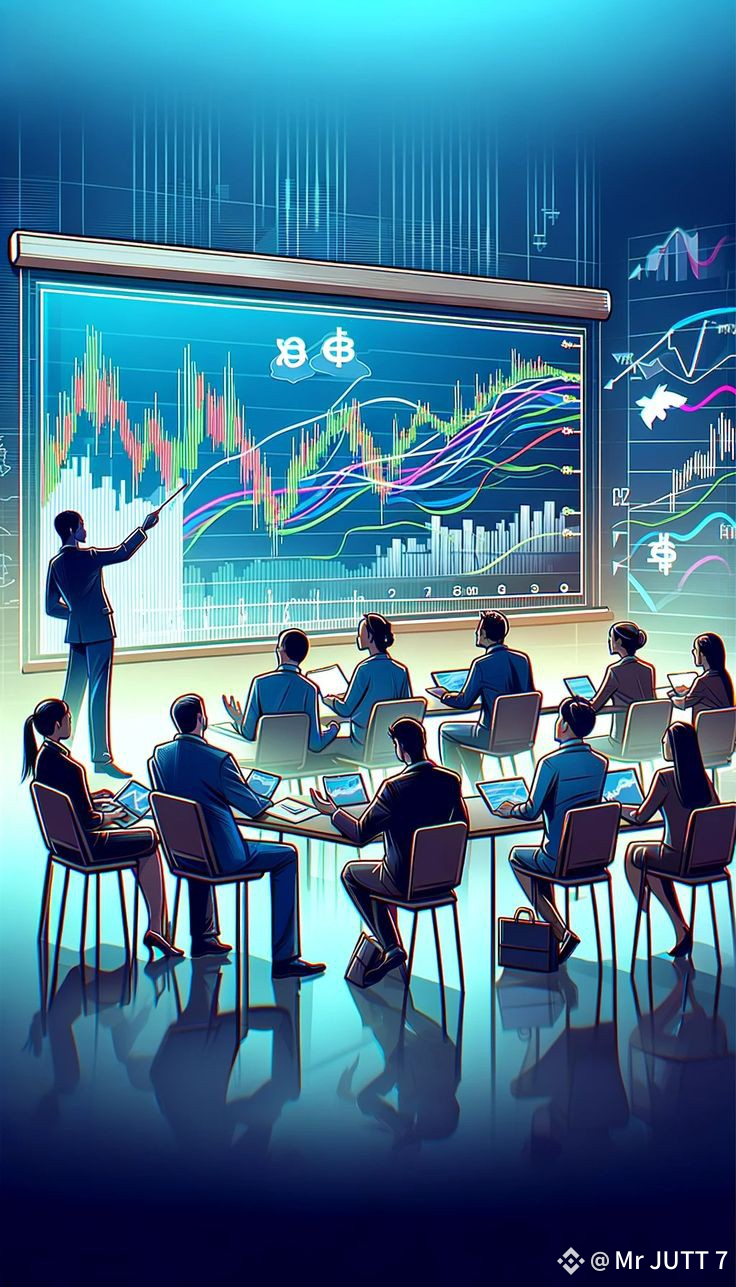Digital currency refers to decentralized media of exchange that can be used for transactions of goods and services with various players and organizations. It includes cryptocurrencies like Bitcoin, Litecoin, Dogecoin, and Libra, which can serve as a medium of exchange with users outside the control of a centralized authority. These currencies operate without regulation from traditional national governments.
These include those media of exchanges that are decentralised, and such digital currencies can be used as a medium of exchange with many players and organisations in transactions of goods and services. A range of cryptocurrencies such as Bitcoin, Litecoin, Dogecoin, Libra from Facebook, etc., fall in the category of distributed digital currency (Nian and Chuen, 2015). Such currencies can be used as a medium of exchange with users outside the governor of that currency, and their governance is decentralised. There is no legal entity regulating it and thus it falls outside the purview of traditional national government regulations for currency.
Digital and Crypto-Currencies
With the many advantages brought by the emergence of digital and crypto-currencies also comes many threats. Forming basically a noncentralized and distributed system, parallel to the current banking system, the digital/crypto-currencies are a first choice for many money launderers today. The case of Liberty Reserve, one of the biggest platforms for washing illegal funds, and the current scrutiny of Bitcoins are warning signals about the role of innovation in the money-laundering industry.
Concept of data and concept of currency
Data is raw, unorganised facts that need to be processed, organised, structured, and presented in a summary that makes some logical sense of patterns inside the data. The DIKW Pyramid (Data-Information-Knowledge-Wisdom) describes the significance of data as well as its acquisition, processing, retention, and interpretation (Doyle, 2014). This means that any data has a lot of latent value due to data's ability to be converted into information, knowledge, and wisdom for better decision making.
Currency is a medium of exchange for goods and services. The concept of information is evolved over the years. The concept of currency as a medium of exchange has been evolving with human evolution. Over time, it has evolved from barter systems involving stones, seashells, and precious metals to legal tender, what we call hard currency notes. It is still evolving as promissory notes, game coins, plastic currency (credit/debit cards), and contactless currency, Bitcoin and the idea of currency are still evolving in the form of data as currency. The process of developing the concept of currency as a medium of exchange, something that can be cashed out for goods and services, will continue in the future too. Data is seen as currency because data has almost all the characteristics of a medium of exchange.
The common person considers currencies such as coins and currency notes as some kind of legal tender issued by the central bank of a national government. However, as per Nian and Chuen (2015), several currency alternatives have evolved over the years.
Currency with intrinsic utility: This group of currencies includes precious metals, cigarettes, in Berlin after World War II, prepaid phone cards, value smart cards, etc. (Nian and Chuen, 2015).
Token currencies: Token currencies do not have much intrinsic value but are a form of social contact used at the local level. Some examples of these kind of currencies include British tokens from the 17th to the 19th century; the use of Bristol pounds in the United Kingdom; the Berkshares in Massachusetts; and salt spring dollars in Canada (Nian and Chuen, 2015).
2.1 Centralised digital currency
Such currencies as digital promises are centrally governed by a single entity or organisation, and usually that organisation accepts that currency as a medium of exchange for goods and services. Promises with value in exchange in digital form fall in this category. Examples may include loyalty points from national retailers such as Wal-Mart and Tesco; air miles from airlines; and other loyalty-based rewards from financial or welcome companies. Also, Second Life's Linden Dollar or some online game currencies will fall within this type of system. Usually, transactions are limited to a single organisation (Nian and Chuen, 2015).
2.2 Distributed–Decentralised digital currency
These include those media of exchanges that are decentralised, and such digital currencies can be used as a medium of exchange with many players and organisations in transactions of goods and services. A range of cryptocurrencies such as Bitcoin, Litecoin, Dogecoin, Libra from Facebook, etc., fall in the category of distributed digital currency (Nian and Chuen, 2015). Such currencies can be used as a medium of exchange with users outside the governor of that currency, and their governance is decentralised. There is no legal entity regulating it and thus it falls outside the purview of traditional national government regulations for currency.
2.3 Data as currency
A new digital promise as a medium of exchange, which has distributed governance and considers the inherent value of data as a tangible value. This medium can be used as a medium of exchange or could be cashed in by anyone who has some useful monetisable data. The value of the data as currency lies in its latent value of multiple utilities for stakeholders, with data acting as the new oil of the national commerce and economy due to the private ownership of such data.
 #ProjectCrypto #MarketPullback $BTC $SOL $BNB
#ProjectCrypto #MarketPullback $BTC $SOL $BNB


